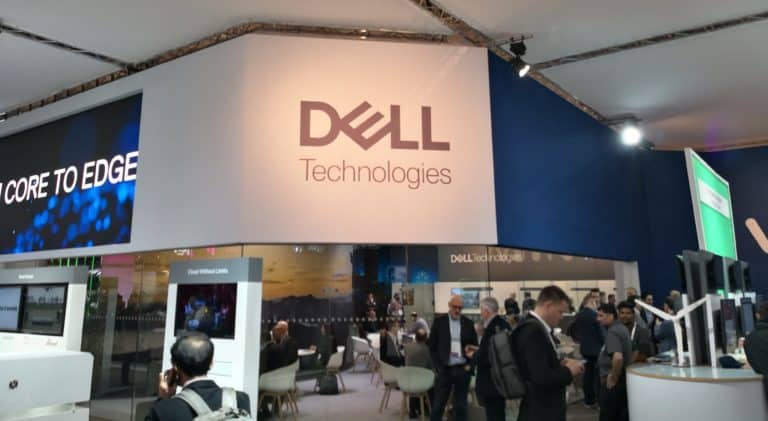Dell unveils Tighter support for Tanzu and beefed up compliance measures.
At VMworld on Tuesday, Dell announced major performance and compliance updates to Dell Technologies Cloud. The updates focus on a tighter integration with VMware’s Tanzu platform for building and managing modern applications.
To power its Cloud services, Dell relies heavily on VMware, a company that it acquired in 2016. Despite repeated rumours floated of a possible spinoff, Dell has agreements with VMware on go-to-market strategies, services, research and development and intellectual property.
Enhancements to Dell EMC
“We are continuing to invest in joint engineering with VMware to create products that really help our customers be able to take advantage of VMware products in the best way possible,” said Varun Chhabra, VP of Cloud and Edge for Dell.
Dell also announced the 4th generation of VMware Cloud on Dell EMC. The service includes VMware’s vSphere, vSAN and NSX, all running on Dell EMC’s infrastructure.
Focus on Kubernetes
The VMware Tanzu platform delivers enterprise-grade Kubernetes at scale. Kubernetes is an open-source container-orchestration system for automating computer application deployment, scaling, and management.
With these new upgrades, the service is now certified on VMware’s Tanzu Kubernetes Grid. Customers can now use the software on a turnkey manner to build and deploy Kubernetes-based applications on Tanzu on VMware Cloud on Dell EMC.
Responding to customer feedback on compliance issues
Based on customer feedback, the latest version of Dell Technologies Cloud puts a strong emphasis on regulation, compliance and certifications. In a blog post on Wednesday, VMware’s product marketing manager Ken Smith detailed the new compliance enhancements.
“The September release of VMware Cloud on Dell EMC has advanced its support of popular compliance and security standards to now support ISO27001, ISO27017, ISO27018, SOC 2 Type1, CSA, CCPA, and GDPR compliance standards,” he said.
High performance power enhancements
Dell also announced a new node type aimed at most data-intensive, high-performance workloads.
This includes increased storage and memory capacity as well as the ability to use NVMe storage. Customers can segment virtual and physical resources for workloads on a single rack.
Finally, Dell is integrating its service with VMware’s HCX service. This service gives customers the ability to move workloads between VMware environments on premise and in the cloud without having to rearchitect apps.
